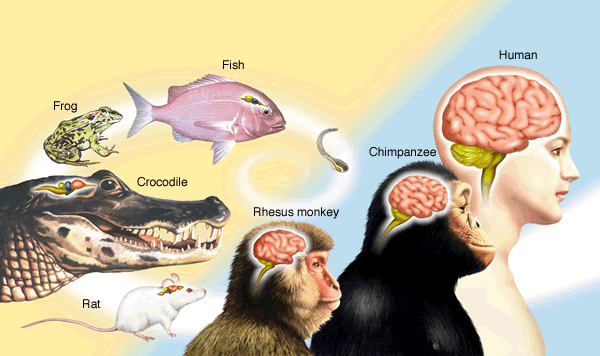Why Breast-Fed Babies Cry More

“Breast-fed babies cry more!” is currently rocketing around the news and compelled my return from holiday hiatus. Lauzon-Guillain and colleagues reported in PLoS One this week that formula-fed babies cry less, sleep better, and smile more at three months of age than do breast-fed babies. The study was quite well-done, the only limitations to it were that mothers subjectively rated infant temperament (rather than having an objective technician do temperament ratings) and that infant growth or body mass were not included as covariates. But these are minor points and likely would only have strengthened their results, not changed them. But why would formula-fed babies cry less and breast-fed babies cry more? Just as the goat goddess Amalthea nursed Zeus with an inexhaustible supply of milk, formula is instant and plentiful, and overfed babies have little need to signal their non-existent hunger (indeed they are more likely to develop obesity ). In contrast, the synthesis of milk by the ...
